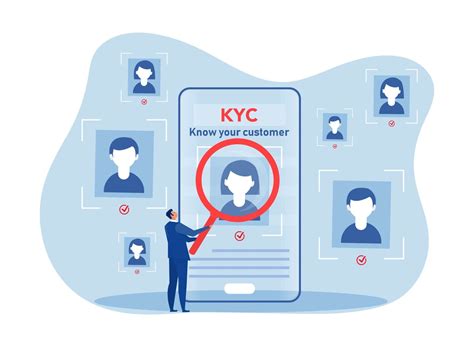Risks of payment gate in cryptocurrency transactions
The growth of cryptocurrencies has revolutionized how we think of digital transactions. With several people who resort to online bank platforms and electronic trade to carry out their financial activities, the demand for safe payment gateway has increased exponentially. However, one of the most significant concerns associated with cryptocurrency transactions is the risk of payment gateway providers (PGPS).
In this article, we will deepen the risks associated with cryptocurrency transactions through payment gates and explore ways to mitigate these risks.
What are the payment gateway?

A payment gateway is a software app that allows online traders to accept digital payments from customers. It acts as an intermediary between the site or application of the trader and the client’s bank, facilitating safe and convenient transactions.
Risks associated with cryptocurrency transactions by gateway payment
The use of cryptocurrency has introduced new risks associated with traditional payment gateway. Here are some key risks:
- Security threats : Cryptocurrencies are vulnerable to hacking and cyber attacks. Hackers can exploit weaknesses in the blockchain network, which leads to theft of user funds. In addition, phishing scams and social engineering tactics can be used to deceive users to reveal their cryptocurrency wallet addresses.
- Lack of regulation : Cryptocurrency transactions often work outside traditional regulators. This lack of supervision increases the risk of illicit activities, such as money laundering and terrorist financing.
- Interoperability problems : cryptocurrencies are not always compatible with the other’s networks, which leads to problems with perfect transactions between wallets or different platforms.
- Scalability challenges : As several users join the cryptocurrency market, the payment gateway must scalify to manage the increased volumes of transactions. This can lead to congestion and slow processing times.
Types of Payment Gateway Risks
There are several types of risks associated with cryptocurrency transactions through payment gateways:
- The risk of rejection : The site or application of a trader cannot be compatible with the client’s wallet, which leads to the rejection of the transactions.
- The problem of locking the wallet : Traders can be blocked in customer funds in their own wallets, which is difficult for them to access their money if they decide to change the platforms.
- Exchange risk : Exchanges can experience technical problems or security violations, causing disruptions of cryptocurrency transactions.
Risk attenuation
To minimize the risks associated with cryptocurrency transactions through payment gateway, traders and businesses should take the following precautions:
- Choose a safe payment gate : Select a renowned gateway supplier that offers robust security measures, such as authentication and encryption with two factors.
- Implement Multi-Factor Authentication (MFA) : Use MFA to ensure that authorized users can access customer accounts and sensitive information.
- Monitor the transaction activity : Regularly monitored the transaction activity to detect suspicious models or anomalies.
- Be up-to-date with security updates
: Keep your Payment Gateway Software with the latest security patches and updates.
- Use anti-spit tools (AML) : Use AML tools to identify and prevent illicit activities such as money laundering.
Conclusion
Cryptocurrency transactions through payment gateway present significant risks due to security threats, lack of regulation, interoperability problems, scalability challenges and wallet lock problems.